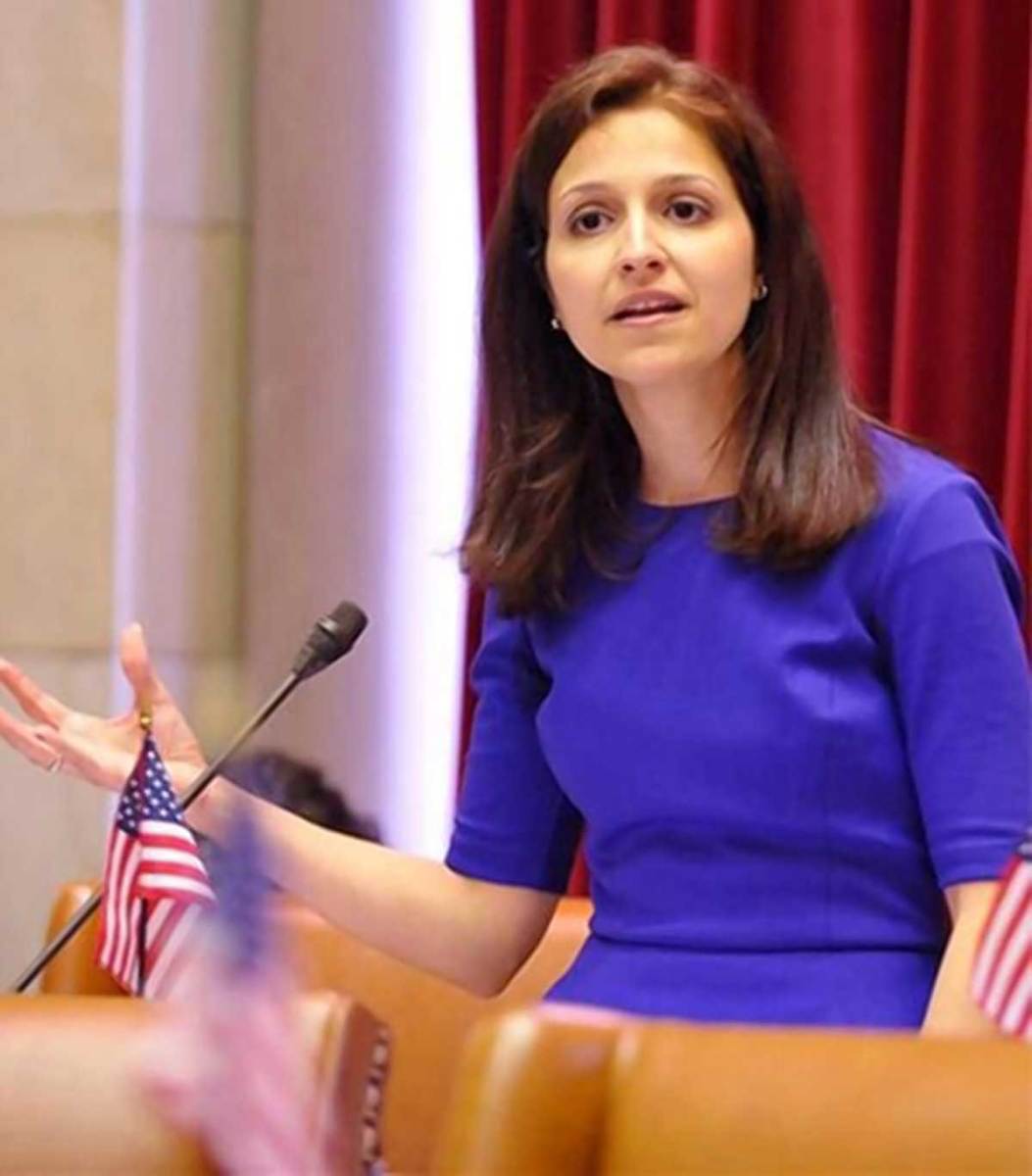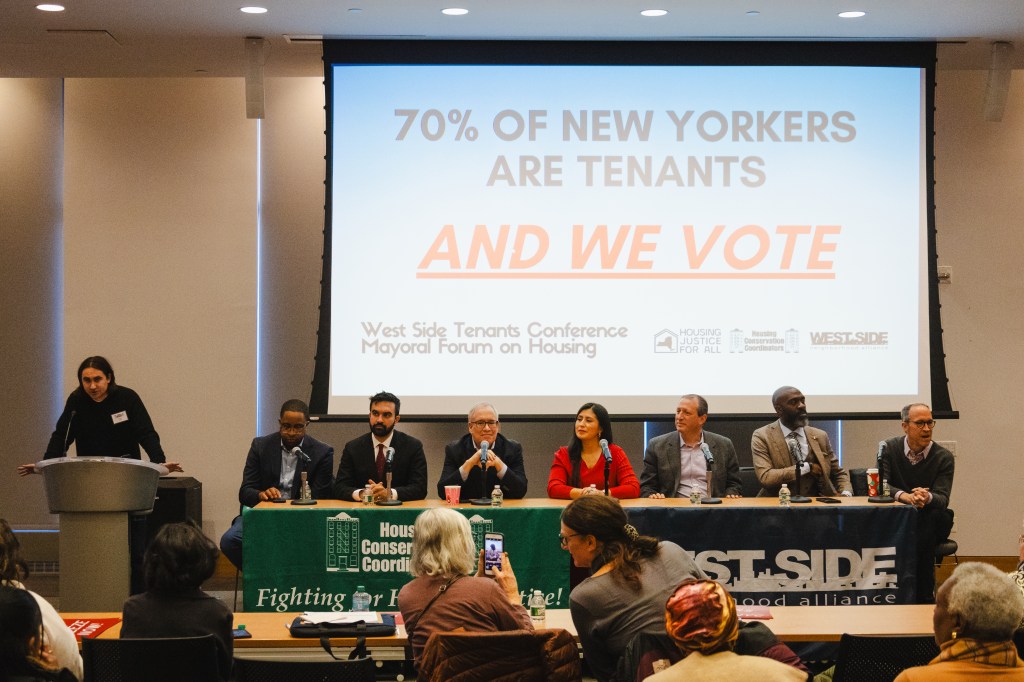Two state lawmakers believe that giving the five boroughs a greater say in how the MTA is run is the key to putting the beleaguered agency on the right track.
Astoria Assemblywoman Aravella Simotas and Brooklyn state Senator Andrew Gounardes introduced legislation on Jan. 24 that would add borough representation on the MTA board which critics believe is too heavily influenced by decision makers who live outside New York City, and not by the vast majority of people who ride MTA buses and subways who live within the city.
The legislation comes after Councilman Costa Constantinides called for MTA board reforms that would give each Borough President an appointee, adding five more seats, creating more of a partnership between the city and state.
“Borough representation on the MTA board gives riders a voice in the choices that affect them,” Simotas said. “Riders across the city need better transit. Each borough faces unique challenges and it’s time they all have a say in the MTA’s decisions.”
New York State currently has six appointees to the board, including the MTA chair; New York City has four members, all of whom are recommended by the Mayor; Westchester, Suffolk and Nassau counties each get an appointee, all of whom have a full vote. Dutchess, Putnam, Rockland, and Orange counties split a combined vote on MTA policy decisions including the budget and fare increases.
This system has long been under fire because the city’s four board members do not equally represent the five boroughs and there is nothing in the Public Authority law, which establishes the MTA board, mandates the mayor’s appointments must come from a particular part of the city. As the MTA’s service has deteriorated in recent decades, culminating in the “summer of hell” in 2017, the lack of infrastructure investment led to failing signals, broken tracks, and major transit stoppages due to minor incidents.
“New York City and the many riders here need a fair say on the MTA board,” Gounardes said. “We have to make reforms that will change the balance of power within the MTA to increase the influence of those most affected by our mass transit challenges, especially commuters across the boroughs. New York City needs a voice in our own transit system.”
Though there have been improvements in service and on-time performance in the past couple of years, delays and systematic problems remain. Malfunctions in the subway’s aging signal system, which has been in place since the 1930s, accounting for 78 percent of weekday morning commute disruptions last year, according to a recently released report by transit advocates.
This ongoing issue will likely be exacerbated by the recent resignations of Andy Byford and the expert he recruited to the MTA to oversee the $7 billion mission to replace and computerize the ancients signal systems.





































